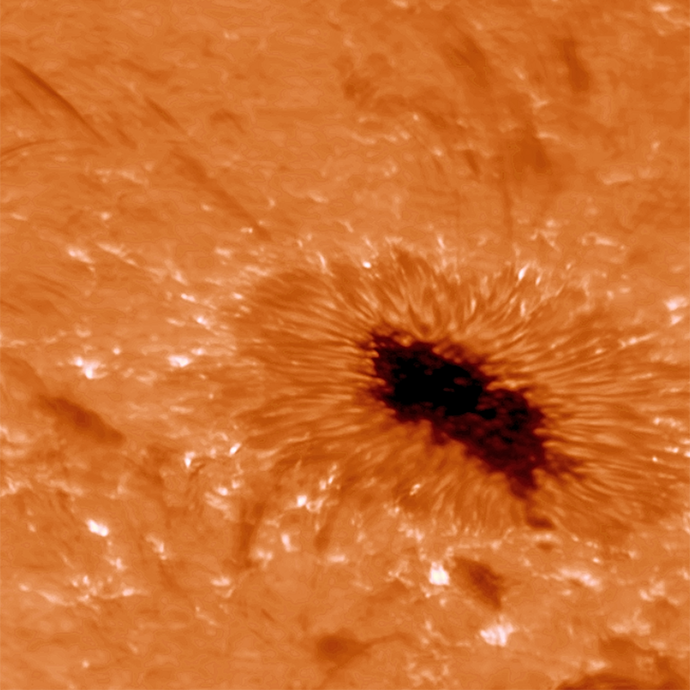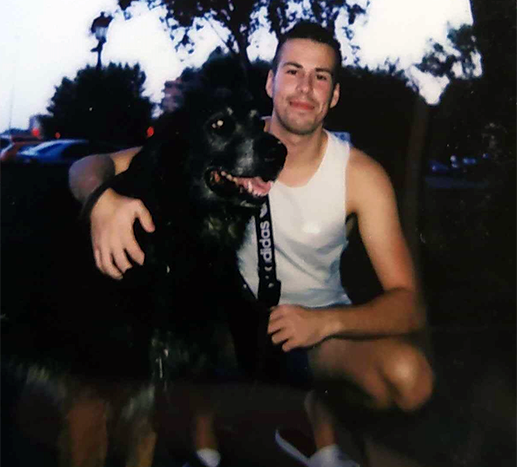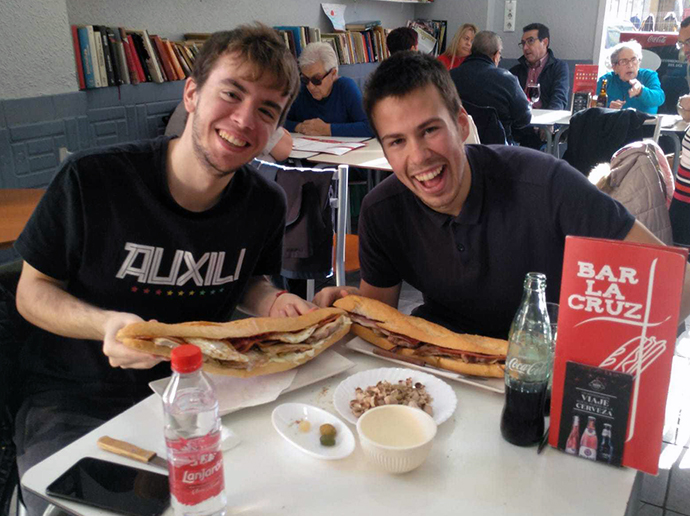Ignasi completed a Physics degree and a master in Advanced Physics, specialising in Astrophysics at Universitat de València before coming to RoCS in September 2022.
- Where have you studied and worked before and in what field?
- During the master thesis, I was part of Supernova’s group. There, I studied a newly proposed mechanism to drive Core Collapse Supernovae, working with data coming from a simulation.
Once I had defended my thesis, I worked for three months with the radio-astronomy group Research Technician. There, I studied how to speed up codes to radioastronomical image deconvolution.
After that and until I came to Oslo, I was working as a consultant in a company, specifically as a Junior Backend Developer.
- What are you going to study?
- The main goal of my thesis is to understand the formation of small-scale events of magnetic reconnection in the solar atmosphere such as the so-called Ellerman Bombs or UV-bursts. There are several open questions regarding their physical origin and their role in the energy and mass transport from the lower to the upper solar atmosphere.

- How do you plan to answer to the main question?
- To study the mentioned events, I plan to find and classify them by exploring large observational datasets. To solve this, I will apply Deep Learning techniques, to detect these events automatically. I will make use of solar observations carried out at different both ground/space based telescopes such as the Swedish 1-meter Solar Telescope on La Palma, Spain or NASA’s Interface Region Imaging Spectrograph (IRIS).
- What brought you to RoCS and Oslo?
- I applied for several PhD offers and I got this one, so I didn’t have to give it much thought. I always wanted to do a PhD and I was very excited about the topic of my offer, so I said yes the same day I got the offer.
- How can you describe your experience so far?
- The truth is that, in general, I am very happy. The work environment in general at ITA and RoCS is very good. Always when you need help from the administration, technical, scientific staff or colleagues, it comes really fast. Is great to be surrounded by other students as well. Also, the relationship with the staff is very horizontal and open, and I think this is a very positive point.
With respect to Oslo and Norway, I am not really used to the cold, so that is the worst part. Of course, the landscapes and the society are quite different from Spain, so there are many interesting things to discover.

- What do you expect from your stay in Oslo?
- From ITA I first expect to increase my insights into physics in general and in Solar Physics in particular. Also to develop new skills and learn new methods to process, analyse and interpret data and be able to use this in my field.
I expect, as well, to learn how the scientific world and its community works, so that I can move around in the future.
From Norway, I expect to get to know all the new nature and culture.

- What do you like to do in your spare time?
- I really like spending time with friends. I also like sports very much, especially boxing training, and cooking. Another hobby I have is astrophotography, but I have abandoned it a bit, to be honest, since I am in Norway. I try, as well, to read as much as I can.
In the future, I would like to do some science popularisation and bring science closer to young people, especially in high schools. I believe that science should be at the service of society in general and people in particular.
